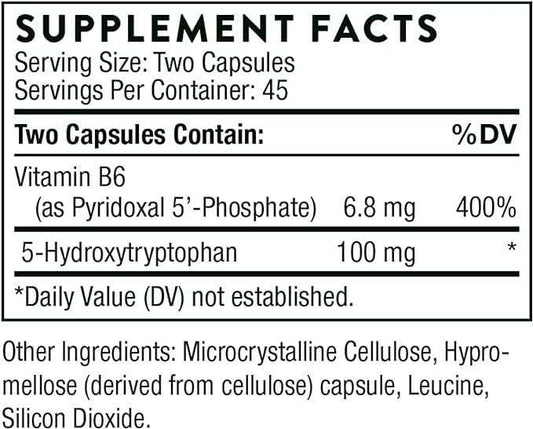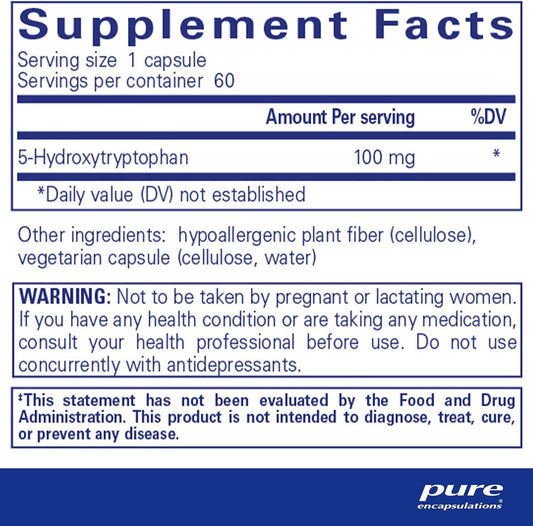The Sleep & Relaxation Supplements collection at Welzo features expertly selected products designed to promote calm, reduce stress, and encourage deep, restorative sleep. These supplements are formulated using natural, science-backed ingredients like magnesium, valerian root, chamomile, lavender, 5-HTP, L-theanine, and melatonin—each playing a role in supporting healthy sleep cycles and relaxation.
The benefits of natural sleep aids
Modern lifestyles often interfere with our ability to wind down. For those dealing with anxiety, stress, or general restlessness, natural sleep aids offer a gentle yet effective alternative to pharmaceutical options.
Some of the core benefits of these supplements include:
-
Supporting a healthy circadian rhythm
-
Reducing mental and physical stress
-
Easing you into a relaxed state before bed
-
Improving sleep quality and duration
For more targeted solutions, explore our dedicated guide on sleeping tablets and natural alternatives.
Types of supplements available
At Welzo, we offer a wide variety of supplement types to fit your preferred routine. These include:
-
Magnesium supplements like those from the BetterYou collection, known for supporting muscle relaxation and nervous system balance
-
Valerian root formulas from our curated Valerian Root selection, a classic herbal sedative
-
Lavender and chamomile blends available in oils and teas, such as those in our Lavender and Chamomile collections
-
5-HTP supplements to support serotonin production, found in our 5-HTP range
-
Fast-acting melatonin sprays and herbal tablets like those found in the trusted Nytol and Sominex ranges
You can also browse calming aids that focus on mood and anxiety through our Anxiety and Stress Relief collections.
Curated by experts at Welzo
What sets Welzo apart is our commitment to quality and trust. We work with medical experts and health specialists to curate products that are safe, effective, and tailored to real-life needs. Every item in our Sleep & Relaxation collection is vetted for its formulation, dosage, and brand integrity.
Notable brands in our collection include:
-
Aqua Oleum – a family-founded British aromatherapy brand rooted in tradition and purity, available in our Aqua Oleum collection
-
BetterYou – pioneers in magnesium sprays and oral sleep supplements, innovating out of Yorkshire with sustainability in mind
-
Nytol and Sominex – long-standing UK brands trusted for their efficacy in promoting sleep and easing night-time restlessness
-
Kalms Day – a herbal stress relief favourite with a long history of calming support, found in our Kalms Day collection
-
Natural calming support also includes L-Theanine and broader Magnesium supplements, both known for their soothing effects on the mind and body
You’ll also find remedies tailored to fatigue and tiredness, conveniently located in our Tiredness & Fatigue collection.





























 Rated Excellent by 26,523+ Reviews
Rated Excellent by 26,523+ Reviews